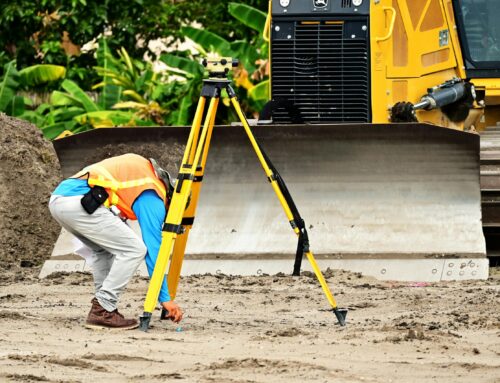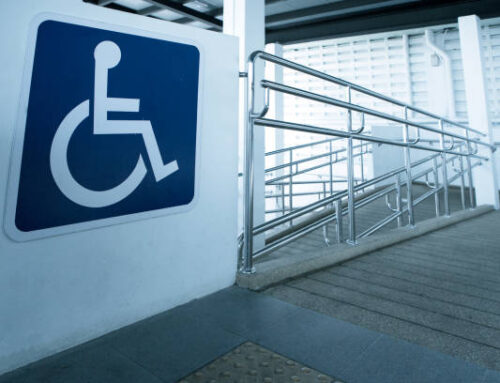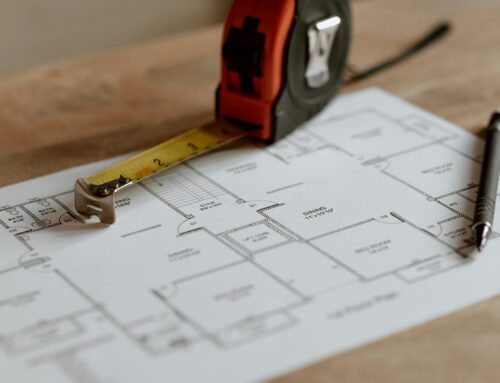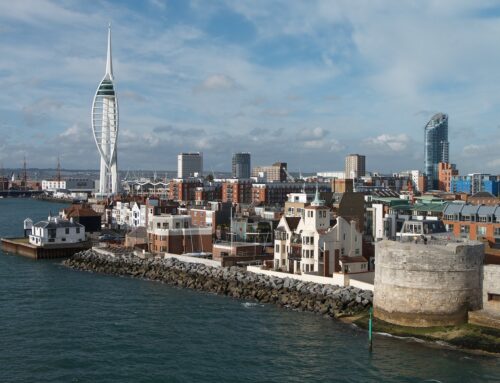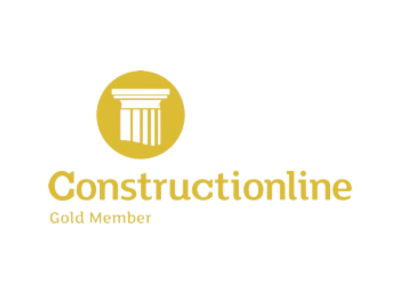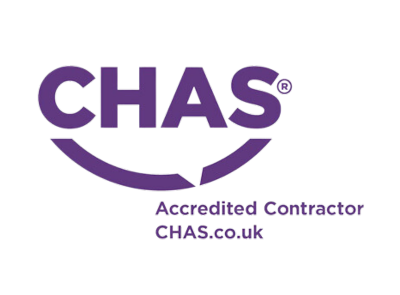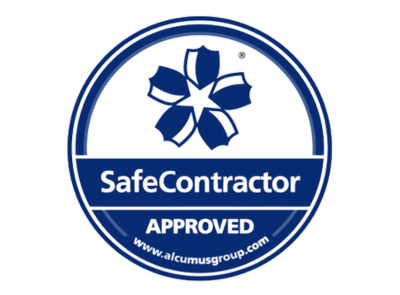Building a warehouse building in Portsmouth is a significant investment, whether you’re expanding your business operations or starting a new venture. The cost of construction can vary widely depending on several factors, such as the size of the building, the materials used, and the complexity of the design. Understanding these factors can help you plan your project more effectively and avoid unexpected expenses.
The costs associated with a warehouse project are not limited to materials and labour. You’ll also need to account for land preparation, permits, and any additional features such as temperature control systems, storage racks, or specialised lighting. For businesses in Portsmouth, location can play a significant role in determining costs, as urban areas might have higher expenses for land and labour compared to rural settings.
In this article, we at Pure Construction will explore the key elements that influence the cost of constructing a warehouse building in Portsmouth. From understanding the differences between prefabricated and custom-built designs to budgeting effectively for your project, we’ll provide a comprehensive guide to help you make informed decisions. By the end, you’ll have a clear picture of what to expect, ensuring that your project stays within budget and meets your operational needs.
Constructing a warehouse building is a big step for any business, and having the right information at your fingertips is the first step to success. Let’s dive into the costs and considerations that come with building a warehouse in Portsmouth.
Factors That Influence The Cost Of A Warehouse Building In Portsmouth
Several factors play a role in determining the overall cost of warehouse buildings in Portsmouth. From the initial planning stages to the finishing touches, understanding these factors can help you budget effectively and avoid unexpected expenses.
1. Size and Dimensions: The size of the warehouse is one of the most significant cost drivers. Larger buildings naturally require more materials, labour, and time, which increases costs. The height of the warehouse also matters, as taller structures might need additional reinforcement and specialised equipment during construction.
2. Location: The location of the warehouse can significantly impact the cost. In Portsmouth, urban areas typically have higher land prices and labour costs compared to more rural locations. Accessibility to transport links, such as major roads or ports, can also influence the overall expense.
3. Building Design: The complexity of the design affects the price of the project. A simple rectangular structure is more cost-effective than a design with multiple sections, intricate layouts, or specialised features. Custom-built warehouses tailored to specific needs are generally more expensive than prefabricated options.
4. Materials Used: The choice of materials has a direct impact on cost. Steel is a popular choice for its durability, but its price can vary based on market conditions. Insulation, roofing materials, and flooring options can also add to the expense, especially if the warehouse requires specialised features like temperature control.
5. Labour and Construction Time: The labour required for the project and the duration of construction are important factors. Delays in the project timeline can lead to additional expenses. Choosing a reliable contractor with a clear schedule can help manage these costs effectively.
6. Additional Features: Specialised features, such as temperature-controlled storage, advanced lighting systems, or automated racking solutions, will increase the cost of construction. These features, however, can improve the functionality and efficiency of the warehouse, making them worthwhile investments for certain businesses.
By considering these factors, you can gain a better understanding of what drives the cost of constructing a warehouse building , helping you make informed decisions throughout the process.
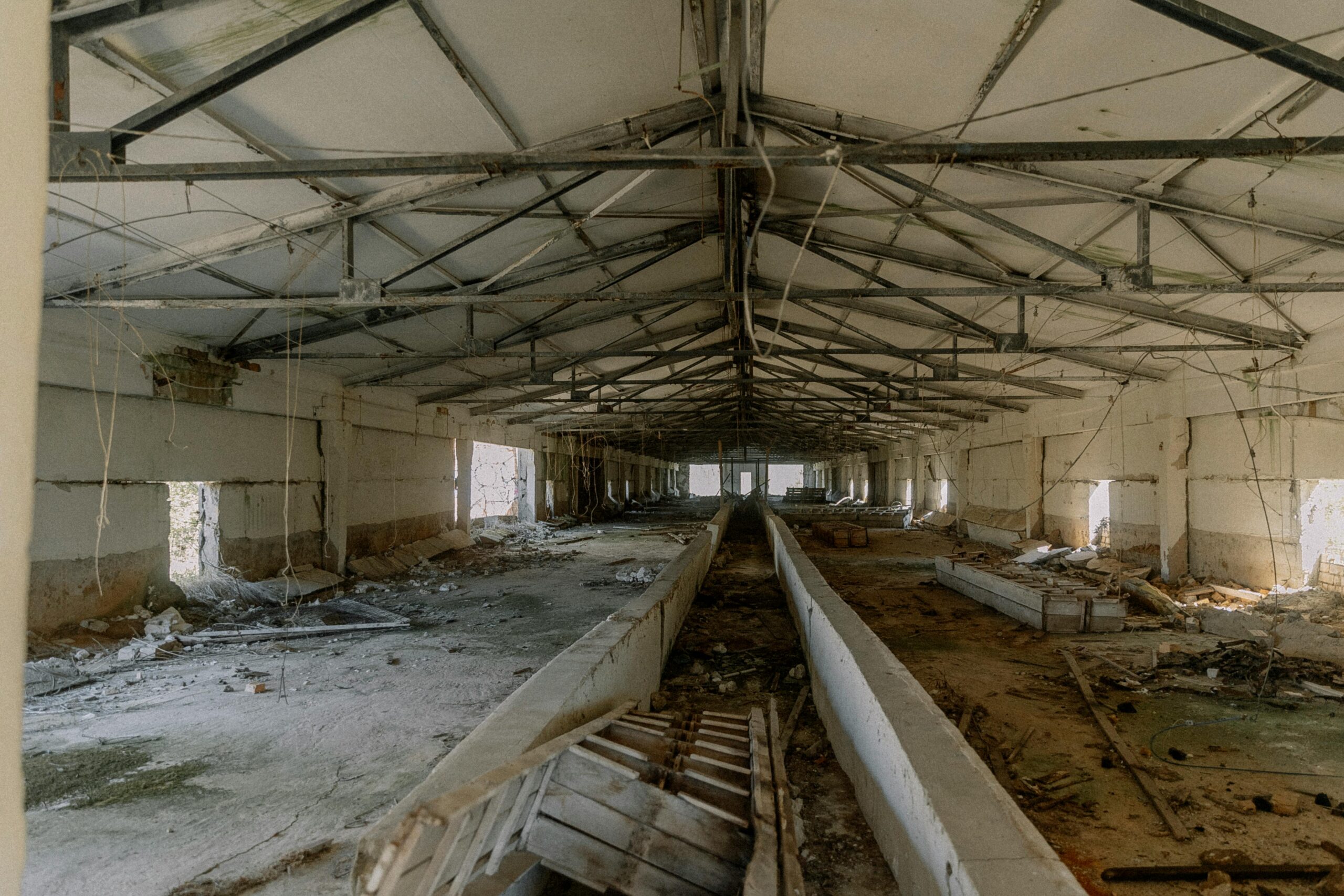
Key Features That Impact Construction Costs Of A Warehouse Building In Portsmouth
When constructing a warehouse building, several key features can significantly impact the overall cost. These features are essential to consider during the planning phase, as they determine both the functionality and the final price of your warehouse.
1. Structural Design and Framework: The structural design of the warehouse is one of the most critical factors influencing cost. A simple, single-story warehouse with a straightforward design will cost less than a multi-story or highly customised facility. The choice of materials for the framework, such as steel or concrete, also affects the price. Steel is durable and commonly used, but it may have higher upfront costs depending on market fluctuations.
2. Flooring Requirements: The type of flooring you choose can add to the cost, especially if specialised options are required. For example, heavy-duty reinforced concrete is necessary for warehouses that house heavy machinery or vehicles. If the warehouse is used for storage, polished or epoxy-coated floors might be added for durability and ease of maintenance.
3. Insulation and Temperature Control: Warehouses that require climate control, such as those storing perishable goods, will incur additional costs for insulation, HVAC systems, and other temperature regulation features. These systems not only increase initial construction costs but also have ongoing energy expenses.
4. Doors and Docking Areas: Loading docks, specialised doors, and entry points designed for commercial use can drive up costs. These features ensure efficient movement of goods but require careful planning and high-quality materials to handle daily wear and tear.
5. Roofing Solutions: The type of roofing system you select can have a significant cost impact. Durable and weather-resistant materials, such as metal roofing, are commonly chosen for warehouses to protect against Portsmouth’s coastal weather conditions. However, adding features like skylights for natural lighting can increase costs.
6. Safety Features: Modern warehouses must comply with safety regulations, which often require fire protection systems, emergency exits, and security measures. These elements are essential but add to the overall construction costs.
By evaluating these key features during the planning process, you can create a warehouse building in the Portsmouth area that balances functionality with budget considerations, ensuring it meets your business’s needs.
Comparing Prefabricated Vs. Custom-Built Warehouse Buildings In Portsmouth
When planning a warehouse building in Portsmouth, one of the key decisions you’ll face is whether to opt for a prefabricated structure or a custom-built design. Both options have their advantages, and the right choice depends on your budget, timeline, and specific business requirements.
Prefabricated Warehouse Buildings
Prefabricated warehouses are constructed using pre-manufactured components that are assembled on-site. This option is often more cost-effective than custom-built designs due to the standardisation of materials and reduced construction time. Prefabricated warehouses are ideal for businesses that need a quick, functional solution, as they can be erected in weeks rather than months. Additionally, the modular nature of prefabricated buildings allows for future expansions or modifications with minimal disruption.
However, prefabricated structures may have limitations in terms of customisation. While they are suitable for standard storage or operational needs, businesses with unique requirements, such as specialised equipment or complex layouts, might find prefabricated solutions restrictive.
Custom-Built Warehouse Buildings
Custom-built warehouses are designed and constructed from the ground up to meet the specific needs of a business. This option provides greater flexibility in terms of layout, materials, and features, allowing for a completely tailored solution. For instance, businesses requiring temperature-controlled environments, specialised loading docks, or advanced automation systems can incorporate these elements seamlessly into the design.
While custom-built warehouses offer superior customisation and functionality, they are typically more expensive and time-consuming to construct. The design process involves detailed planning and coordination with architects and contractors, which can extend the timeline and increase costs. However, the long-term benefits of a fully tailored facility often outweigh these initial investments for businesses with specialised needs.
Which Option is Right for You?
The decision between prefabricated and custom-built warehouses depends on your priorities. If cost and speed are critical, a prefabricated warehouse may be the better option. However, if your business requires a tailored solution that maximises efficiency and supports unique operations, a custom-built warehouse is worth the investment.
Understanding the pros and cons of each option will help you make an informed decision when constructing a warehouse in Portsmouth that aligns with your goals.
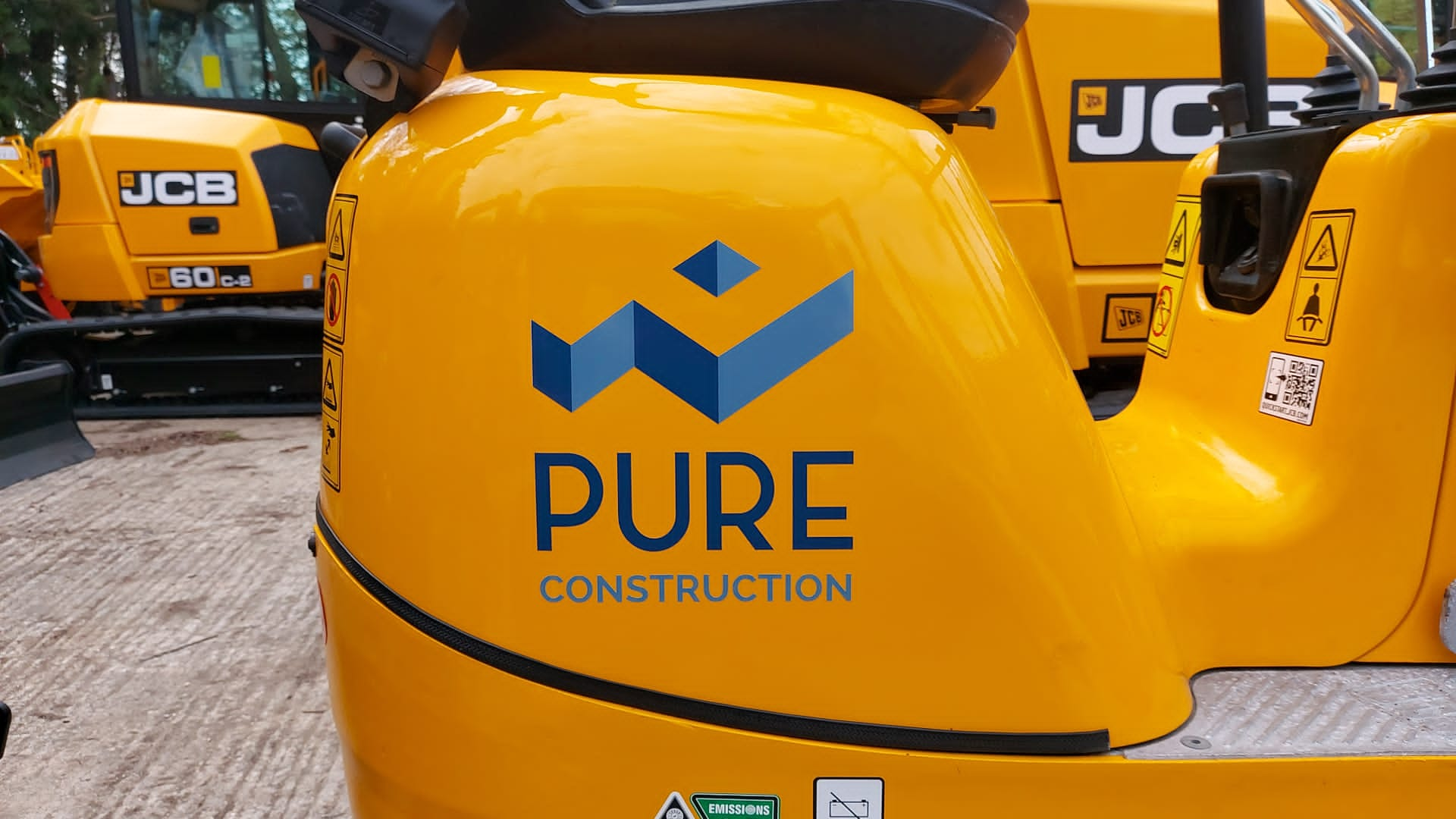
How To Budget Effectively For A Warehouse Construction In Portsmouth
Budgeting effectively for a warehouse building in Portsmouth is essential to ensure that your project stays on track financially and meets your operational requirements. Proper planning and a clear understanding of costs will help you allocate resources wisely and avoid unexpected expenses.
1. Determine Your Needs: Start by identifying the purpose of the warehouse and the features you require. Consider factors like size, storage capacity, flooring type, insulation, and additional facilities such as offices or temperature-controlled areas. Defining your needs early ensures you focus on what’s essential and avoid unnecessary expenses.
2. Research Costs in Portsmouth: Costs can vary based on location, so it’s important to research the average construction costs for warehouses in Portsmouth. Land prices, labour rates, and material costs in the area can all influence your budget. Portsmouth’s urban areas might have higher expenses, while outskirts or industrial zones could offer more affordable options.
3. Choose Between Prefabricated and Custom-Built Designs: As discussed earlier, prefabricated warehouses tend to be more cost-effective and quicker to build, while custom-built designs offer greater flexibility at a higher cost. Deciding which option suits your needs will have a major impact on your overall budget.
4. Plan for Additional Costs: Factor in expenses beyond construction, such as land preparation, utility connections, and permits. Also, consider ongoing costs, such as energy usage for lighting, heating, or cooling systems. Allocating funds for unexpected issues, like delays or design changes, is also critical.
5. Work with a Reliable Contractor: Selecting an experienced contractor is key to effective budgeting. A reliable contractor will provide a detailed estimate that includes all potential costs and offer guidance on cost-saving opportunities without compromising quality.
6. Monitor and Adjust: Once your project is underway, closely monitor expenses to ensure you stay within budget. Regular updates from your contractor will help identify any deviations early, allowing you to make adjustments as needed.
By following these steps, you can create a realistic budget for your warehouse building, ensuring your project is both financially manageable and aligned with your business goals.
Simplifying Your Warehouse Building Project In Portsmouth
Building a warehouse building in Portsmouth is a major investment that requires careful planning, budgeting, and decision-making. By understanding the factors that influence costs, comparing prefabricated and custom-built options, and identifying key features that suit your business needs, you can approach the project with confidence.
At Pure Construction, we are here to simplify the process for you. Our team of experts is experienced in delivering tailored warehouse solutions that meet both your budget and operational requirements. Whether you’re looking for a cost-effective prefabricated option or a fully customised warehouse, we ensure the highest standards of quality, safety, and efficiency.
We believe that every warehouse project is unique, which is why we work closely with you from the initial planning phase to the final handover. Our goal is to provide you with a functional, durable, and future-proof warehouse that supports your business growth.
If you’re considering constructing a warehouse building in Portsmouth, let us guide you through the journey. Contact us today to discuss your project and receive expert advice tailored to your needs. Together, we’ll create a warehouse that meets your expectations and stands the test of time.
